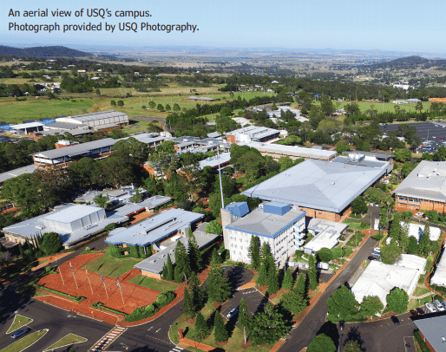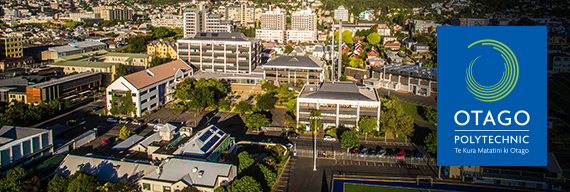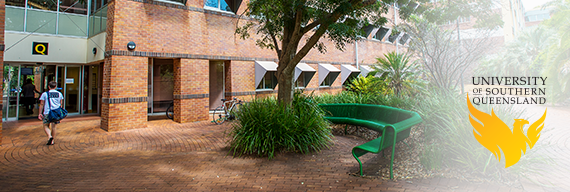Download the full case study here.
Background
The University of Southern Queensland (USQ) is a medium-sized regional university with a building portfolio in excess of 160,000 sqm across three campuses and three ancillary sites (valued at approximately $520 million) and over 120 hectares of land. Where these assets have been well looked after through good planned maintenance programmes, USQ decided to go beyond this and invest in a longer term strategic approach that works.
USQ’s goal
The primary goal was to implement a Strategic Asset Management System (SAMS) — using good data, analytics and compelling reports to produce evidence based projects that make a difference well into the future. Where many organisations take a systematic approach to condition assessments, lifecycle analysis and works-programming, USQ’s went beyond this to ensure the asset planning process was embedded as an enduring business process through the 80/80/20 goals measured quarterly.
The 80/80/20 approach to make Asset Management work:
- 80% of maintenance is to be planned
- 80% of project will be driven through the planning process
- 20% of the asset register will be updated yearly
Challenges to overcome
- Gaining support to invest in a planned approach
- Having a strategic planning tool that is beyond operations and space management
- Expanding the asset register to hold extra data needed for the analytics
- Aligning people with a new approach and changing their mindsets
- Setting up accountabilities through quarterly metrics
Our solution
Initially USQ engaged SPM Assets to assess all facilities over a 4 month period. Beyond this deliverable, SPM Assets continues to provide ‘Asset Management as a Service’ through specialist planners working collaboratively with USQ assets’ team.
- Alignment with ISO 55000, TEFMA guidelines and IPWEA’s Practice Note #3 provided the framework.

- Facilitated a strategy workshop with key people to align understanding of goals and challenges to overcome — this set the clear direction for the years to come.
- Established a data model utilising existing data within an ‘off the shelf configuration’ of the SPM Assets software — leveraging data with higher level of quality including space and mechanical/ electrical/fire equipment.
- Assessed 6 sites, 153 buildings, 87,839 components, and 95,403 functional statements over a 3 month period.
- Analysed the resulting data to produce lifecycle forecasts using the age-based and condition-based risks models to determine remaining lives.
- Wrote an AMP aligned with ISO 55000 including establishing policies and standards that now drive the planned works program.
- Transferred knowledge to USQ staff for ongoing data maintenance, analytics and reporting.
- Developed new reports aligned with TEFMA guidelines — FCI, FFI, and OCR for each building level. These have now become available for the wider industry to make the planning process easier.
- Set up internal processes to report on the 80/80/20 progress – largely based on streaming daily data on works-done to the SPM Assets database for analysis and reporting.
- Ongoing services to support the use of the software and advice on asset planning. USQ and SPM Assets are now long term partners working together to achieve the 80/80/20 goals.
It is the 80/80/20 approach to measuring progress quarterly that will eventually making the asset management planning process work for USQ — to be achieved within the next 3 years.
The benefits
The 80/80/20 approach to asset planning has meant that USQ is continually improving data, systems and processes — the approach has provided an enduring business process that will lead the organisation to achieve a planned approach and eventually provide the opportunity to reallocate the budgets for reactive expenditure into more planned works. The immediate benefits:
- Analytical models and scenarios can now be generated in minutes — knowing what’s needed in the future.
- Being seen as an industry leader and more actively sharing with other similar organisations.
- Having a robust, evidence-based approach to producing works-programs which now creates more certainty around funding and budgeting.
- Campus Services team now has the ownership of the data and tools, and have more knowledge to both challenge and justify planned projects.
- Having confidence in the asset register.
- The Campus Services team are now held to account through the quarterly metrics — they know what’s expected from them and the impact their roles have on the future of the university.
What the customer says
“The implementation of the SPM solution has enabled us for the first time, to quickly produce accurate, evidence based reports on the status of our built Estate and its associated funding needs. As a consequence, the information has been particularly useful to our senior executive team as they consider funding priorities in a competitive environment and further, for constructing ‘what if’ scenarios and modelling the Estate’s impact of new initiatives and strategies.” Dr. David Povey, Executive Director Campus Services


